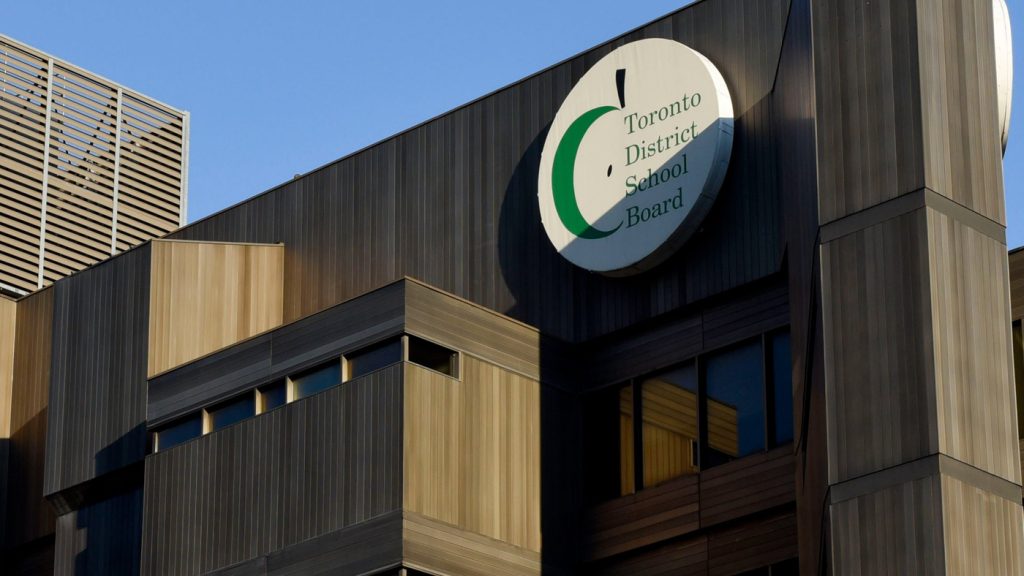Several school boards in Ontario are facing a financial challenge as they need to allocate $350,000 in their budgets to cover the costs associated with school supervisors appointed by the Ford government. This move comes as part of a broader initiative to address what the government has labeled as “mismanagement” within these boards, including the Toronto District School Board (TDSB), which was specifically mentioned by Education Minister Paul Calandra.
The province appointed supervisors in June with the expectation that they would rein in spending. Calandra has pointed out various contentious expenditures that raised eyebrows, such as trips to Italy, late-night meals, luxury items like watch straps, and TV mounts. In a significant shift, these supervisors have replaced elected trustees, who previously earned about $25,000 annually. In contrast, the supervisors are charging school boards approximately $2,000 per day, with a maximum of 3.5 days of work each week, drastically increasing the cost of oversight.
Despite the criticism, Education Minister Calandra defended the high salaries of the appointed supervisors, asserting that the compensation is justified given the challenges faced by the school boards. He expressed his reluctance about having supervisors oversee the boards but stated that their appointment was necessary due to significant surpluses that should have been allocated to classroom spending. “I would rather not have supervisors in place at these boards, but these are boards that took massive surpluses that are supposed to be spent in the classroom,” he commented to reporters at Queen's Park.
Calandra also indicated that he does not closely monitor the billing practices of the supervisors but that he expects them to utilize the allocated $350,000 budget effectively. “I'm not shy or embarrassed by the fact that there is a budget in place for supervisors to do their work, and I expect them to do it, and I will hold them accountable,” he added.
Opposition leaders have voiced strong concerns about the implications of this move. Ontario Green Leader Mike Schreiner expressed disbelief that the government would compel school boards to spend $350,000 on supervisory oversight while they struggle to provide essential staff such as educational assistants, early childhood educators (ECEs), and mental health workers. “Our schools can’t afford educational assistants, ECEs, mental health workers, but somehow the government’s going to force them to spend $350,000 on a school supervisor, taking money out of the classroom?” he questioned.
Additionally, Marit Stiles, the Ontario NDP Leader, criticized the inability of the public to vote out appointed supervisors, contrasting them with elected trustees. “If a trustee is misbehaving, you can vote them out in the next election, but you can’t vote out these supervisors,” she stated. This criticism also extends to the backgrounds of the appointed supervisors, many of whom lack credentials in education and are instead experienced in finance. For instance, Rohit Gupta, a supervisor for the TDSB, has previously worked as an advisor to Metrolinx and was a senior staff member at Scotia Capital.
Interim Liberal leader John Fraser also weighed in, suggesting that the primary qualification of the supervisors appears to be their ties to the Conservative Party. “Their biggest qualification is they’re Tory insiders,” he quipped, emphasizing the perceived cronyism involved in these appointments.
Furthermore, the Ford government is currently fast-tracking several legislative changes, including Bill 33, known as The Supporting Children and Students Act, which aims to expand the government's control over school boards. Critics argue that the rapid advancement of such bills leaves little room for public debate and scrutiny regarding the future of educational governance in Ontario.












